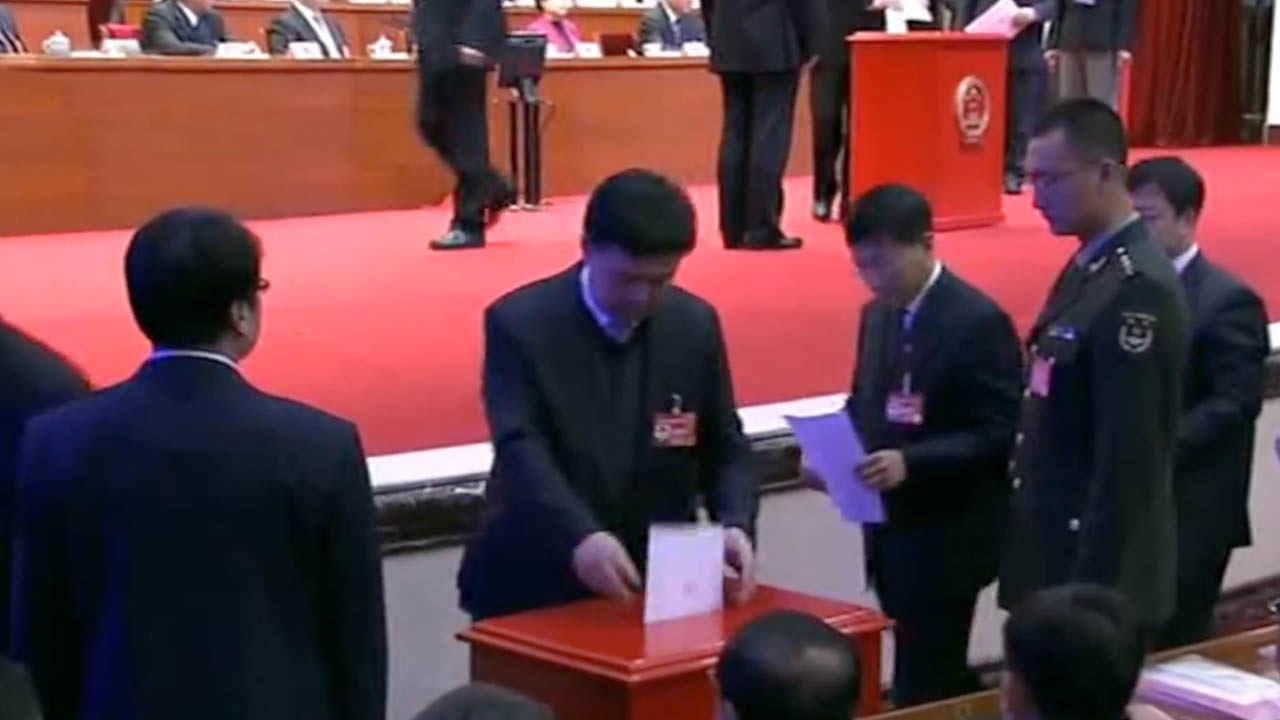
Politics
22:19, 04-Mar-2017
China’s Liaoning's legislature recovering from vote-buying scandal
Updated
10:57, 28-Jun-2018

By CGTN’s Guan Yang
Last year, over two-thirds of lawmakers in China's northeastern Liaoning Province were dismissed for buying their way into the local legislature. Many of them were once deputies in the National People's Congress, the country's top legislature.
It was a controversy that rocked the foundations of the electoral system for China's top legislature.
Following the vote-buying scandal, Liaoning faced an unprecedented crisis in dealing with its aftermath. By-elections were immediately held after the dismissal of hundreds of lawmakers who were found guilty.
China's National People's Congress has the power to legislate, to oversee the government, and to elect the country's senior officials. But these powers have been challenged as the biggest vote-buying scandal since the founding of the People's Republic of China was uncovered last September in the province.
Whoever is elected to replace the guilty deputy for the upcoming Congress meeting certainly has a lot to answer for.
In January this year, 40 people from the province were elected NPC deputies, with many of them from the grassroots. They include Wu Yanliang, a party secretary from Dongxing village, who still recalls the final round of voting.
"581 out of 583 deputies from the provincial legislature voted for me,” said Wu, “And after my nomination was submitted to the local people's congress, the local legislature carried out a thorough review of my profile. They conducted closed-door surveys with the villagers about my qualifications.”
As they take their seats in the Great Hall of the People this week, the newly elected NPC deputies from Liaoning are determined to put the vote-buying scandal behind them. But many believe the case is a reminder that China has zero tolerance for anyone who violates the integrity of its legislative system.

SITEMAP
Copyright © 2018 CGTN. Beijing ICP prepared NO.16065310-3
Copyright © 2018 CGTN. Beijing ICP prepared NO.16065310-3